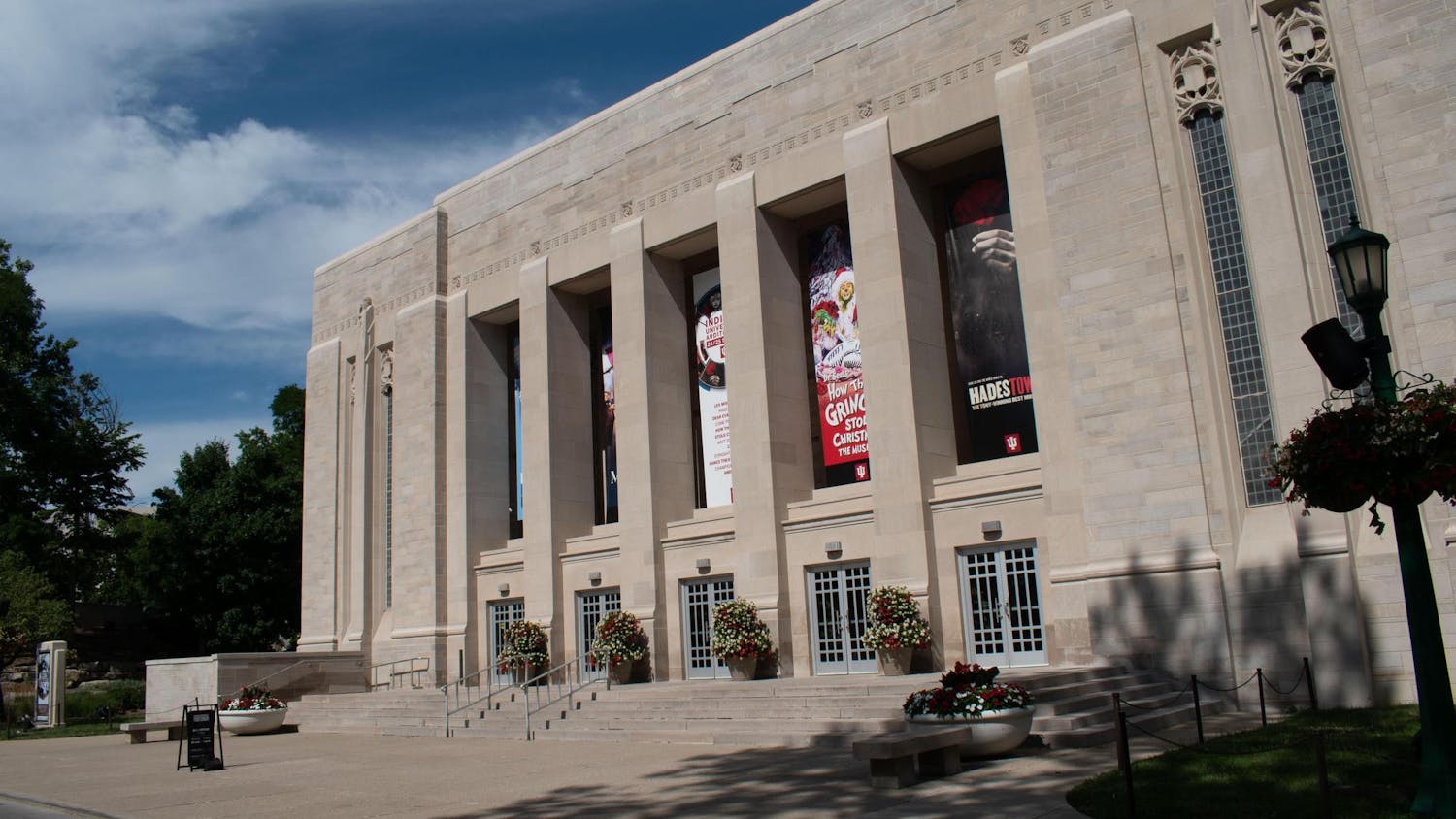Kylie Peppler pulled up a link to the Nintendo DS game Art Academy on her MacBook. Sitting in Bloomington’s Bakehouse East, the IU assistant professor described the game as “a way to teach painting to children who have not dabbled in that medium.”
She said her 2-year-old son Aidan loves to paint. However, with the hassles of daily life, Peppler often pushes Aidan’s messy creativity aside for another day.
Games like Art Academy act as gateways for children to explore the arts, according to research Peppler has done since summer 2008.
“Not a lot of research has been done on how technology and arts work together,” she said. “We’ve been calling it self-directed arts learning.”
Peppler and her team of graduate students from the School of Education have researched the impact of games such as Guitar Hero and Rock Band on different age groups and professions.
The team proposed media plays the biggest role in influencing and teaching children about arts.
“Kids spend an average of 10 and a half hours a day on media,” Peppler said. “Not per week, per day.”
Peppler received her IU undergraduate degrees in studio art, psychology and French in 2002, then went on to receive her graduate degree in education from University of California, Los Angeles.
Mike Downton works as Peppler’s lead graduate research assistant.
With a degree in psychology from Purdue and an IU minor in music, Downton observed recorder and violin lessons taught at Bloomington’s Boys and Girls Club.
When only a limited number of children walked into music classes each week, Downton said he realized music lessons were not the foundation of music learning. Downton said media played the role of gatekeeper in teaching children to hear rhythm and sounds.
“We were excited by a survey that said many people who play Guitar Hero end up buying guitars,” Peppler said.
Peppler and Downton began an 18-month research project at Boys and Girls Club, observing the effects on children who played Rock Band.
“We were skeptical in the beginning,” she said.
Peppler said most media during the Guitar Hero and Rock Band craze focused on “Why not play the real thing?” The team decided its research would focus on outcomes of these games.
“I created transfer tasks for the kids,” Downton said.
He used Rock Band’s drum kit to make rhythms for the children to mimic. As time progressed, his rhythms did too.
The results showed a significant correlation between time spent playing Rock Band and quality of mimicry of Downton’s tasks. The more a fourth or fifth-grade child played the game, the better the child did at the tasks.
The team tested Ph.D. students, local musicians, gamers and classical musicians and composers. The groups whose musical abilities gradually grew from the video games were not the musicians, but the students and gamers.
“The musicians thought it was boring,” Peppler said. “They wanted to just play their instruments.”
Observations and research led to published work “The Nirvana Effect: Tapping Video Games to Mediate Music Learning and Interest.” Another work is currently being written about how this research will affect society.
“With huge budget cuts everywhere and the art funding cut in MCCSC (Monroe County Community School Corporation), video games can inspire arts education,” Peppler said. “Our work shows intersection between game play and real life with tangible outcomes.”
Assistant professor connects games, art
Get stories like this in your inbox
Subscribe





